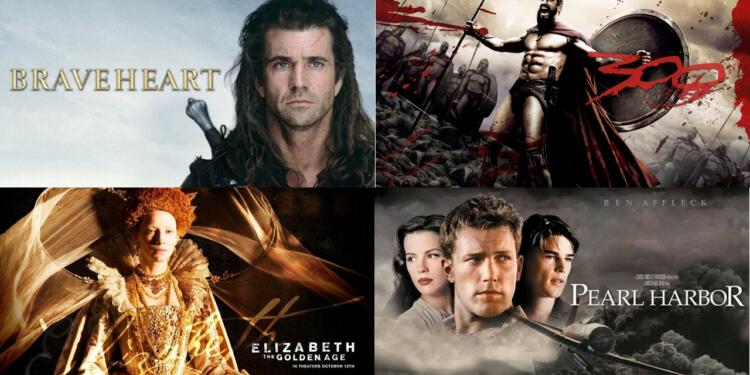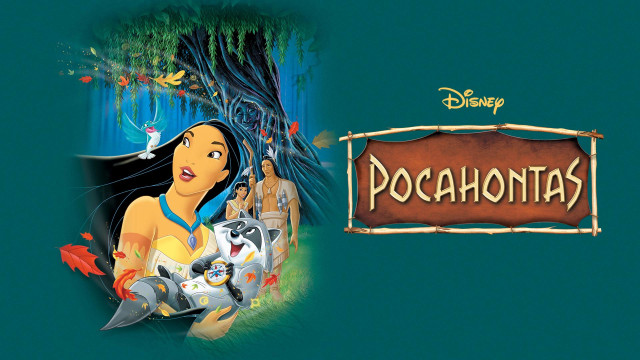Movies have the remarkable ability to transport us to different times and places, allowing us to immerse ourselves in history. However, not all historical movies manage to capture the essence of the past accurately. In fact, some films take significant creative liberties with historical events and characters, often sacrificing accuracy for dramatic effect. Here are seven of the most inaccurate historical movies that missed the mark when it comes to portraying the past.
Braveheart (1995):
This epic tale of Scottish hero William Wallace might have won hearts with its riveting battles and heart-wrenching romance, but it left historians cringing. From kilts that wouldn’t exist for centuries to wildly distorted timelines, “Braveheart” takes creative liberties that border on the absurd. While the movie is an adrenaline rush, its historical accuracy is, unfortunately, as fictional as the plot itself.

Also read: 11 Greatest Indian Films that were never nominated for the Oscars
300 (2006):
“300” brings the story of the Battle of Thermopylae to life with stylized visuals and hyper-stylized action sequences. However, its portrayal of the Spartans and the Persians is laden with inaccuracies. From depicting the Persian king Xerxes as a towering giant to embellishing battle details beyond recognition, the film sacrifices historical accuracy for eye-popping visuals.
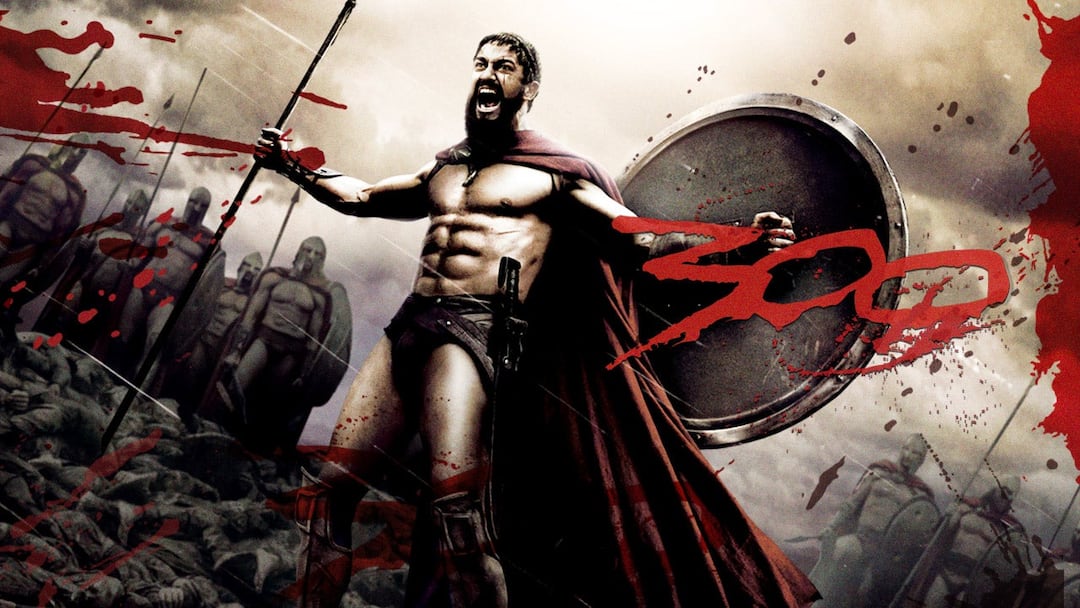
Pocahontas (1995):
Disney’s “Pocahontas” romanticizes the relationship between English settler John Smith and Native American Pocahontas to a degree that obscures the real history. The movie’s portrayal of the characters’ ages, events, and cultural dynamics strays far from reality, presenting a distorted view of a complex historical period.
Pearl Harbor (2001):
While attempting to capture the tragedy and heroism of the Pearl Harbor attack, the film takes considerable liberties with historical accuracy. From improbable love triangles to overly dramatic scenes, “Pearl Harbor” often prioritizes spectacle over historical authenticity, leaving historians baffled and audiences questioning its credibility.
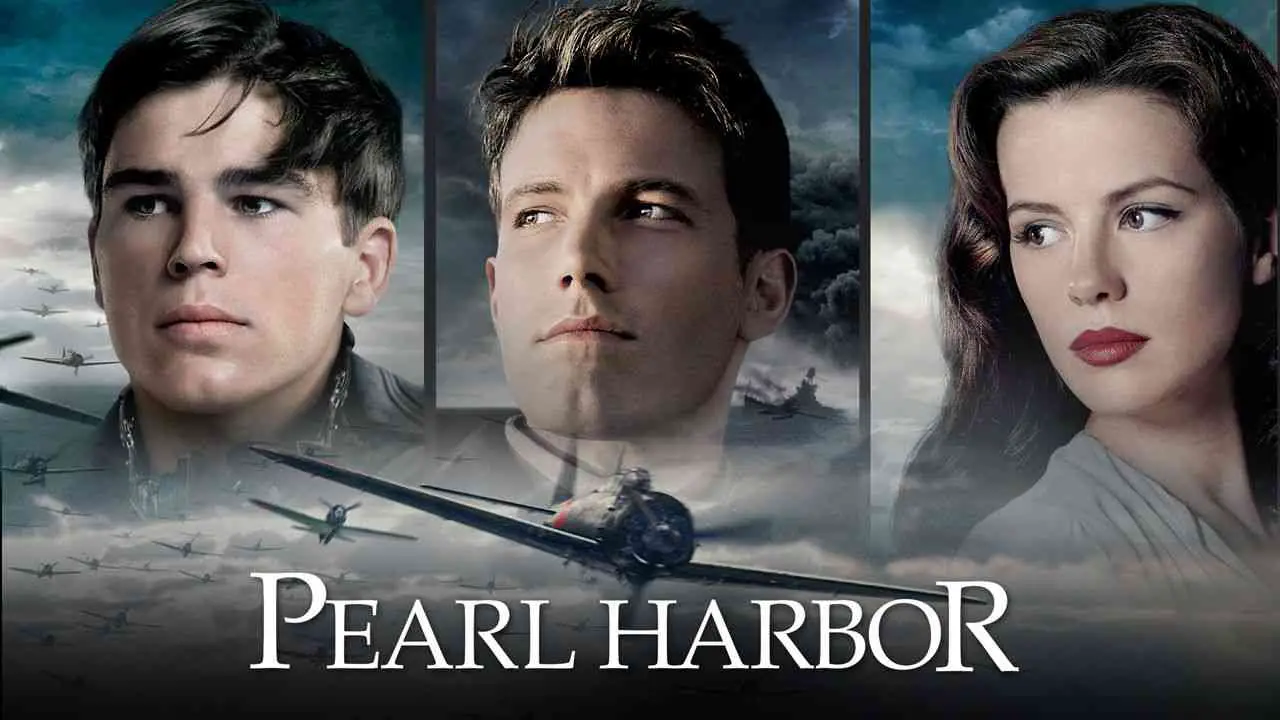
Alexander (2004):
“Alexander” attempts to chronicle the life of Alexander the Great, but its inaccuracies overshadow its ambitions. The movie takes liberties with events, relationships, and character motivations, often distorting the historical figure into a Hollywood caricature. Its portrayal of Alexander’s sexuality and relationships has been particularly criticized for perpetuating myths.

The Patriot (2000):
Mel Gibson’s “The Patriot” presents an American Revolutionary War hero who is not only fiercely patriotic but also engages in daring acts of heroism. While the movie captures the spirit of the times, it sacrifices accuracy for dramatic storytelling. The character Benjamin Martin, portrayed by Gibson, is a composite of multiple real-life figures, leading to a distortion of historical reality.
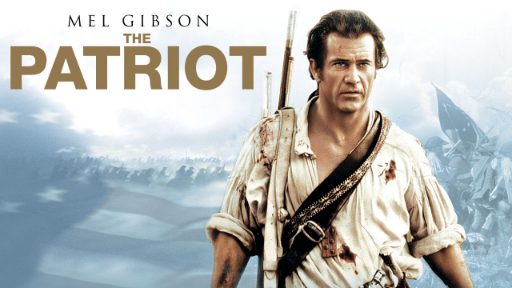
Also read: Captivating Performances: 10 Must-Watch Films Starring Naomi Watts
Elizabeth: The Golden Age (2007):
Cate Blanchett’s reprisal of Queen Elizabeth I is captivating, but the film’s portrayal of historical events falls short. “Elizabeth: The Golden Age” takes considerable liberties with timelines and political dynamics, creating a melodramatic narrative that strays from the complexities of Elizabethan England.
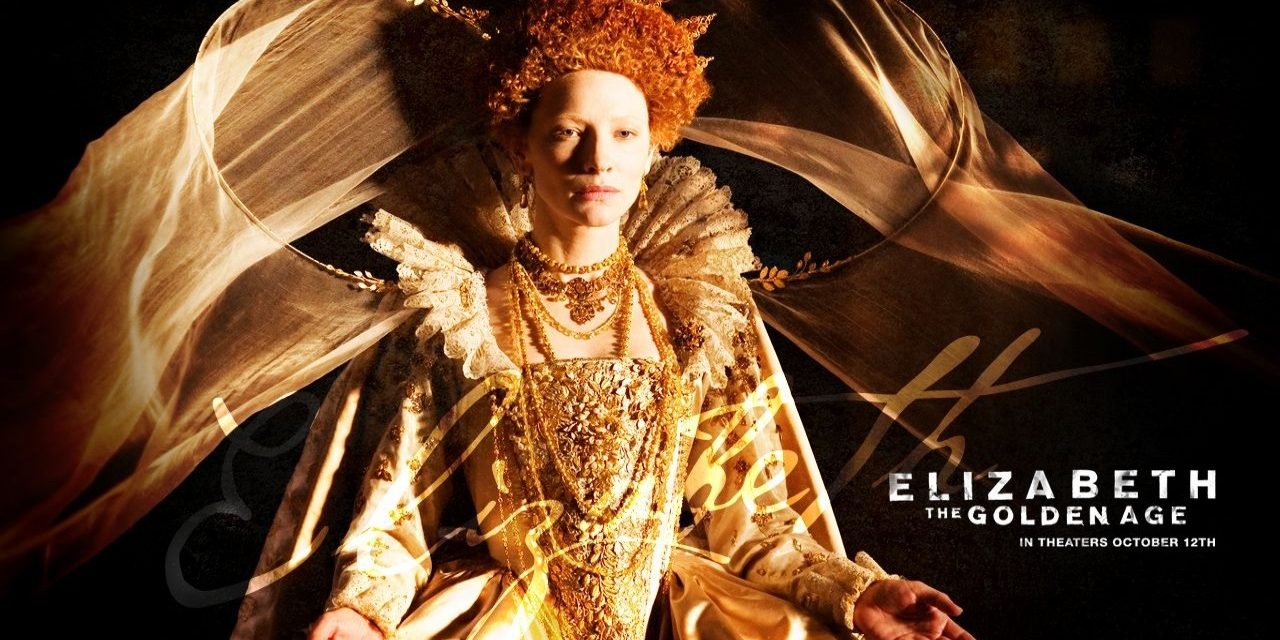
While these movies may have entertained audiences with their gripping narratives and dazzling visuals, their historical inaccuracies cannot be ignored. It’s essential to remember that while films can provide a window into the past, they often do so through a distorted lens of creative storytelling. As viewers, it’s crucial to approach historical movies with a critical eye and a willingness to delve into the real stories behind the screen.
Support TFI:
Support us to strengthen the ‘Right’ ideology of cultural nationalism by purchasing the best quality garments from TFI-STORE.COM



















